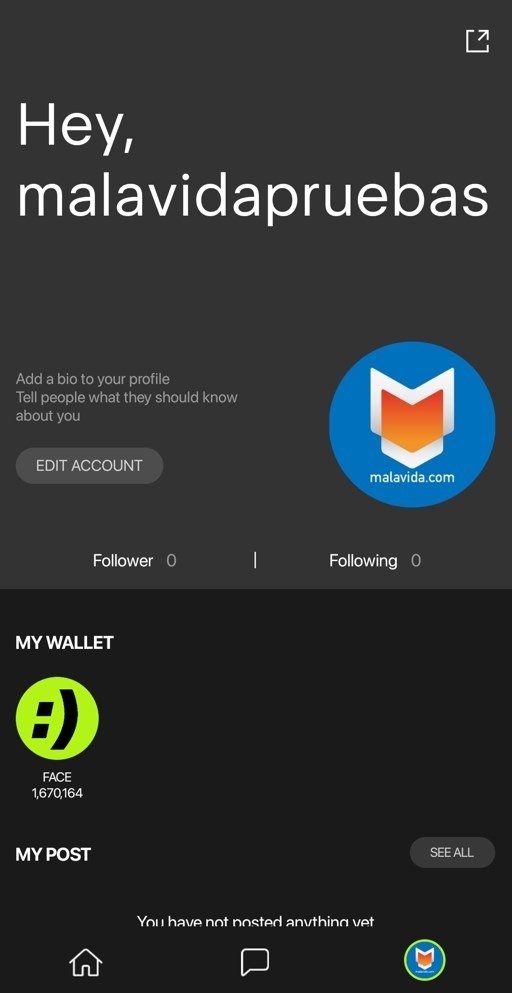
While the various blood collection campaigns are not always very successful and while many patients survive thanks to these donations, from tomorrow, sexual orientation will disappear from the questions asked before the sample is taken. A considerable, salutary advance which will finally offer homosexuals or bisexuals no longer being stigmatized. And to benefit from equal treatment. A just return of things. Until now, they were forced to a period of abstinence of four months or to declare having respected it. A decision from the early 1980s when the General Directorate of Health (DGS) prohibited homosexual people from donating blood at a time when AIDS was a major concern. The health authorities then took a long time to take into consideration that the sexual practices of homosexuals were not more risky than others. First in 2016, by authorizing blood donation after respecting a period of abstinence of at least one year. Then in 2019, by reducing this obligation to four months. This Wednesday, all these volunteer citizens will therefore be able to complete the 1.5 million donors who save lives every day. Because it’s a lot of lives that are involved. Blood is vital, it cannot be replaced by any medicine or treatment. In the event of an accident with haemorrhage or in the event of leukaemia, the patient needs to receive blood. Quickly. A vital emergency but also on a daily basis in the event of chronic illnesses. Blood donations are used for transfusions related to blood diseases or cancers. Remember that almost everyone can donate. You must be between 18 and 70 years old, weigh more than 50 kg and be declared fit after a preliminary interview. For example, not being on antibiotics for at least two weeks or suffering from a blood-borne infection, not having had a fever over 38°C for at least two weeks, not having undergone surgery in the last four months or dental care following an infection. Not having traveled abroad at the risk of having contracted a virus. A last and new criterion is now added: the donor must declare that he is not taking treatment for HIV. For the rest, if you have everything good, you will be able to lend your assistance. Because the donation is a harmless gesture most of the time. But the need, in the urgency of a life that depends only on that, does not only happen to others…
Abdel Samari
To check your ability to donate, you can go to the ESF website and answer an online questionnaire. HERE. Find a blood collection site HERE.
–
–

